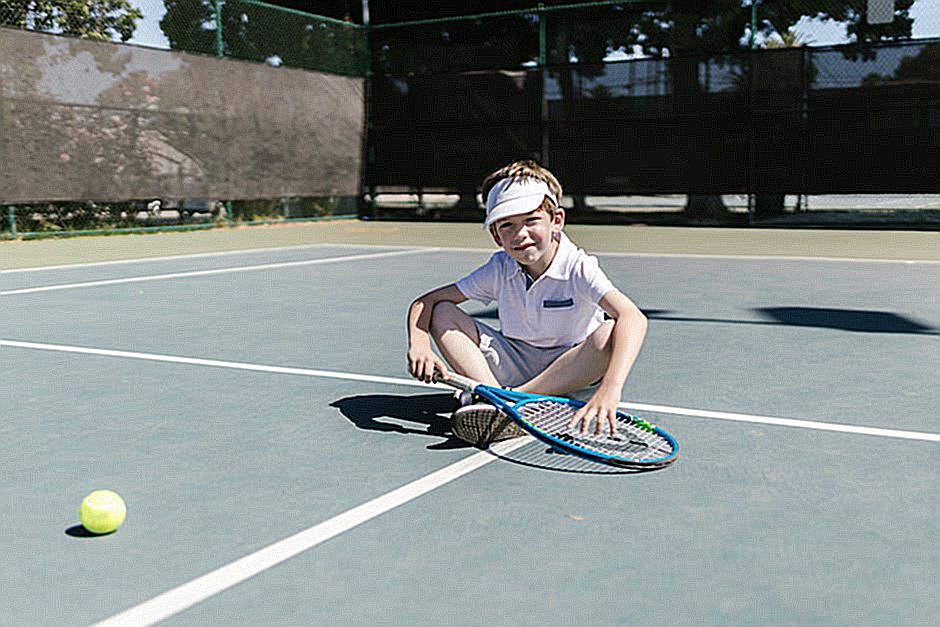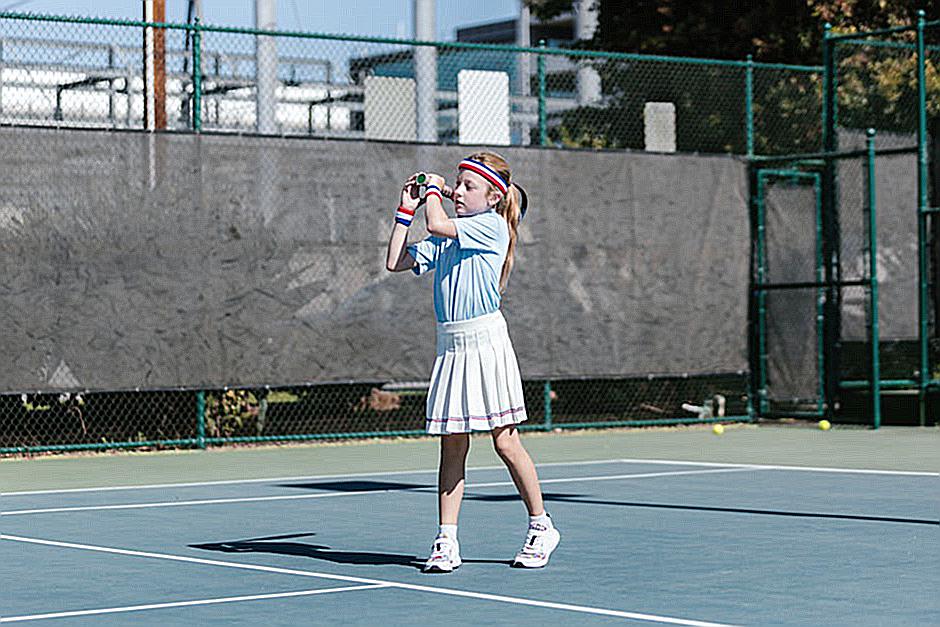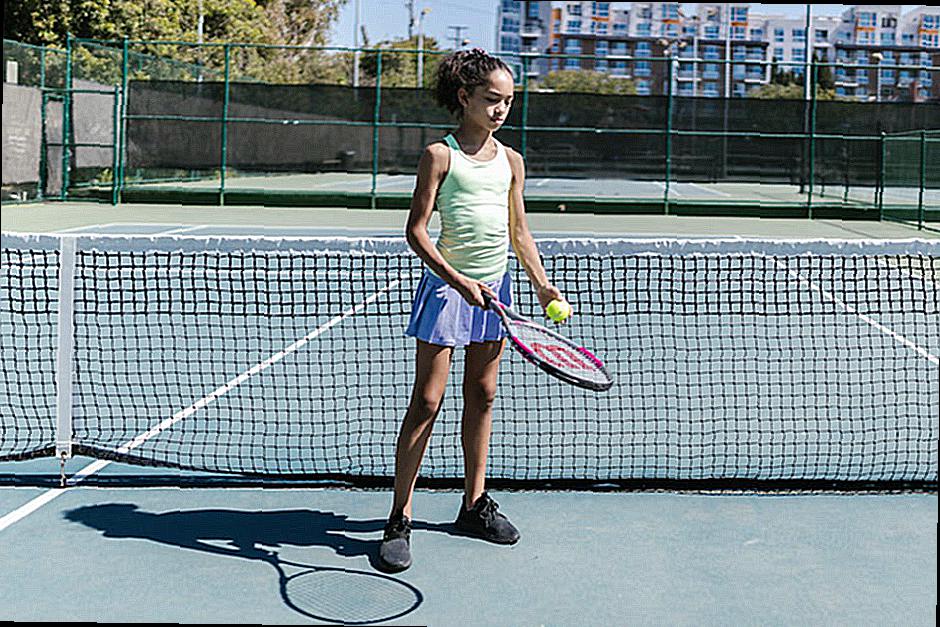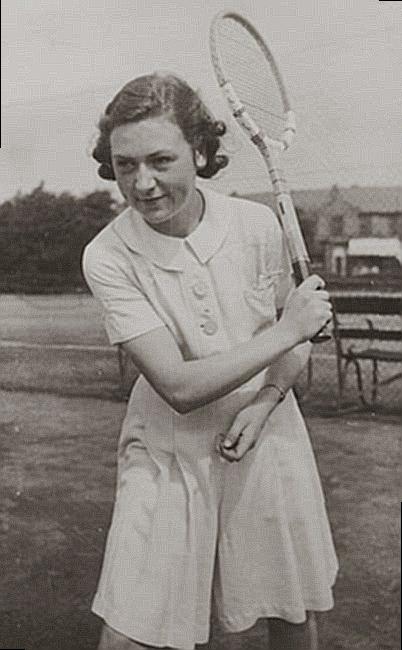
Any serious tennis player will have mental toughness, which is a crucial skill. And when confronted with challenges and adversity, it’s the ability to remain focused, motivated, and composed. And if a player doesn’t have the physical advantage, mental toughness can help them stay in the game longer. It’s the difference between a good player and a superb one.
Here are some tips for improving mental stamina for tennis play
1 Your Emotions Will Be Acknowledged.
The first step to increasing mental toughness is to acknowledge and accept your emotions. Tennis can be a sport of emotions, so it’s important to recognize and accept your emotions. Don’t try to mask them or ignore them. Take a few minutes to assess your emotions and work through them.
2 vs. 2 – Visualization can be used to aid in planning.
Visualization is a key component in helping to raise mental stability. Visualization involves imagining yourself in a specific situation and seeing yourself in a positive light. Take some time to imagine yourself playing a great match and meeting your goals. During challenging times, this will help you stay focused and motivated.
3 octagon The focus is on process goals.

Any tennis player will have process goals, which are vital. These are targets that place more emphasis on the process rather than the end result. For example, a process goal could be to hit a certain number of shots more accurately or to produce a certain number of serves without missing a single one. Focusing on process goals will help you stay on the current situation and concentrate on the task at hand.

4 p.m. To develop a Pre-Match Routine, develop a Pre-Match Routine.
A pre-match routine can help you stay focused and prepared for the match. Physical and mental warm-up exercises as well as positive self-talk are all necessary. Create a system that works for you and stick to it.
5 octagons were killed in the game. Positive self-talk is a skill that can be applied to everyday life.

Positive self-talk is a significant component of growing mental apprehension. Talk to yourself in a positive way, and concentrate on the positive aspects of your game. Remind yourself of your strengths and accomplishments, and try to avoid negative self talk.
6 a.m. Breaks are allowed in this site.
Don’t forget to take breaks! Mental exhaustion is a real thing, and it will prevent you from doing your best. To rest and recharge, make sure you take breaks during practice and matches to allow your body and mind a chance to relax and recharge.

Mental toughness is on the rise, and it requires dedication and hard work, but the rewards are well worth it. Use these tips to assist you in focusing on your mental game and becoming a more effective participant.
